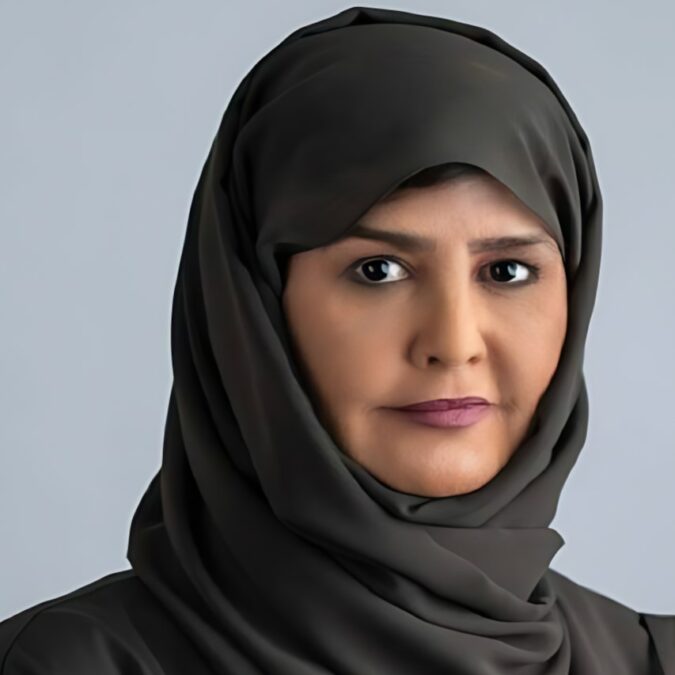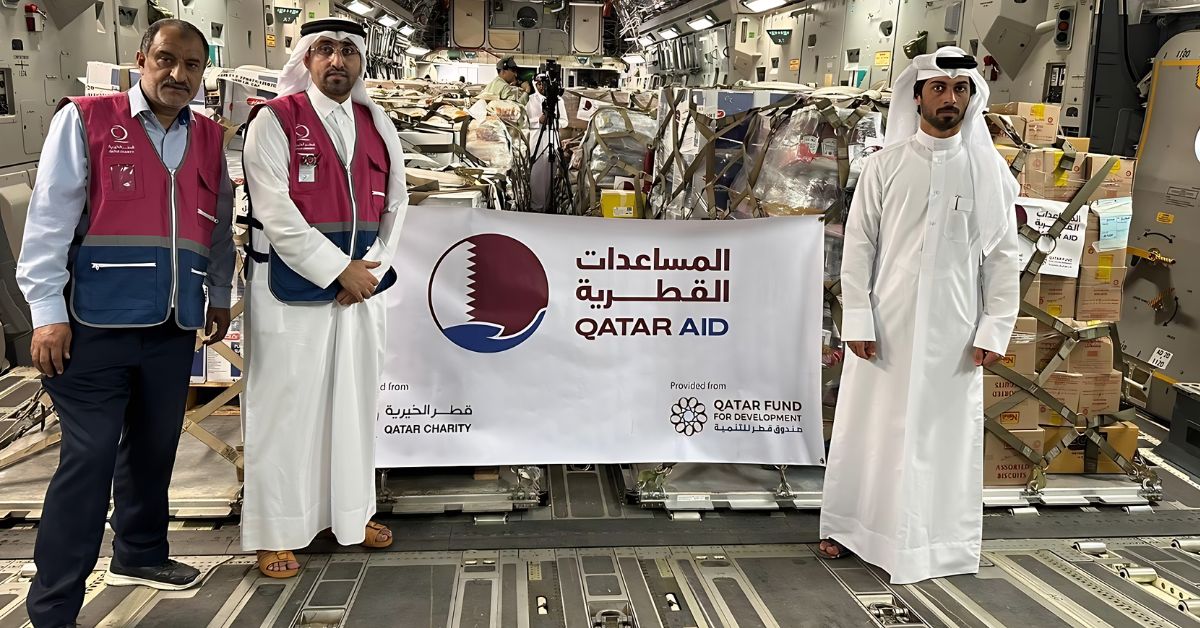Doha – It’s time to honor all workers in the humanitarian field around the world and support them in promoting unity among cultures, nationalities, and religions to create a more inclusive and sympathetic world that values fundamental dignity for all human beings, said Sheikha Hessa bint Khalifa bin Ahmed Al-Thani, Special Envoy of the Arab League Secretary-General for Humanitarian Affairs.
She emphasized the importance of building a better future for humanity, characterized by compassion, solidarity, and resilience.
Sheikha Hessa stressed that humanitarian work knows no geographical or political boundaries; it does not recognize distinctions between cultures, nationalities, religions, and sects; and it does not see differences in color and race.
In her remarks marking World Humanitarian Day, which falls on Aug. 19 each year, Sheikha Hessa said that humanitarian work is based on the sanctity of human life, its intrinsic value, the universal desire, and the endless commitment to alleviate human suffering, provide comfort and safety, and heal physical, spiritual, and psychological wounds.

She added that World Humanitarian Day is an annual event celebrated to honor the efforts of humanitarian workers around the world. It promotes the idea that people of all cultures, nationalities, and religions can unite as an active force in the service of humanity, reminding us of the need to protect and assist those affected by conflicts, disasters, and crises, with a focus on the collective responsibility we share as global citizens.
Sheikha Hessa emphasized that humanitarian workers, driven by their passion and dedication, work tirelessly to alleviate suffering, provide basic services, and restore hope to communities and individuals facing difficulties. She noted that humanitarian work transcends cultural, national, and religious borders and unites individuals in their noble quest to serve humanity.
Sheikha Hessa added that since the tragic attack in Baghdad on Aug. 19, 2003, when a terrorist attack resulted in the death of 22 humanitarian workers, including UN Special Envoy Sergio Vieira de Mello, this day has become an occasion to honor not just those heroes who lost their lives but also the many humanitarian workers who continue to risk their lives to help others. This day is considered a global platform to raise awareness of the importance of humanitarian work and call for the appreciation and protection of those involved in it.
Sheikha Hessa pointed out that the effectiveness of humanitarian work depends on the ability of workers to enhance cooperation and understanding between individuals of various cultures, nationalities, and religions by embracing these differences. Workers in this field gain a deeper understanding of the challenges facing different societies, enabling them to respond with sensitivity and cultural understanding and address humanitarian priorities appropriately.
Sheikha Hessa added that despite humanitarian workers’ cultural, religious, and ethnic differences, the common denominator that strengthens their unity is their affiliation and belief in the principles of humanitarian work, which are humanity, impartiality, neutrality, and independence. This diversity enhances their ability to mobilize efforts, build trust, and interact with those who need help most.
Sheikha Hessa indicated that overcoming cultural barriers and the diversity of cultures poses challenges in humanitarian work but also provides opportunities for growth and learning. Humanitarian workers must deal with various cultural values, beliefs, and practices while providing assistance and support. By acknowledging and respecting those differences, they can forge meaningful relationships and foster trust within communities.
Sheikha Hessa stressed that humanitarian workers often put their lives at risk to save, evacuate, or protect strangers who have no connection with them, but humanity is their motivation and catalyst. On World Humanitarian Day, we must remember those who paid the price with their lives, bodies, or mental and psychological health.
Sheikha Hessa considered World Humanitarian Day a reminder that fieldwork requires a collective effort, cooperation, commitment, the ability to give, and confidence in oneself and others. It also requires dealing with people who have been subjected to bombardment and displacement, torture and abuse, and deprivation of shelter, family, loved ones, and homeland. There is a need to respond appropriately to their urgent needs and emergencies, meet their need for psychological comfort and reassurance with understanding and calmness, and give them hope with sincerity and honesty.








